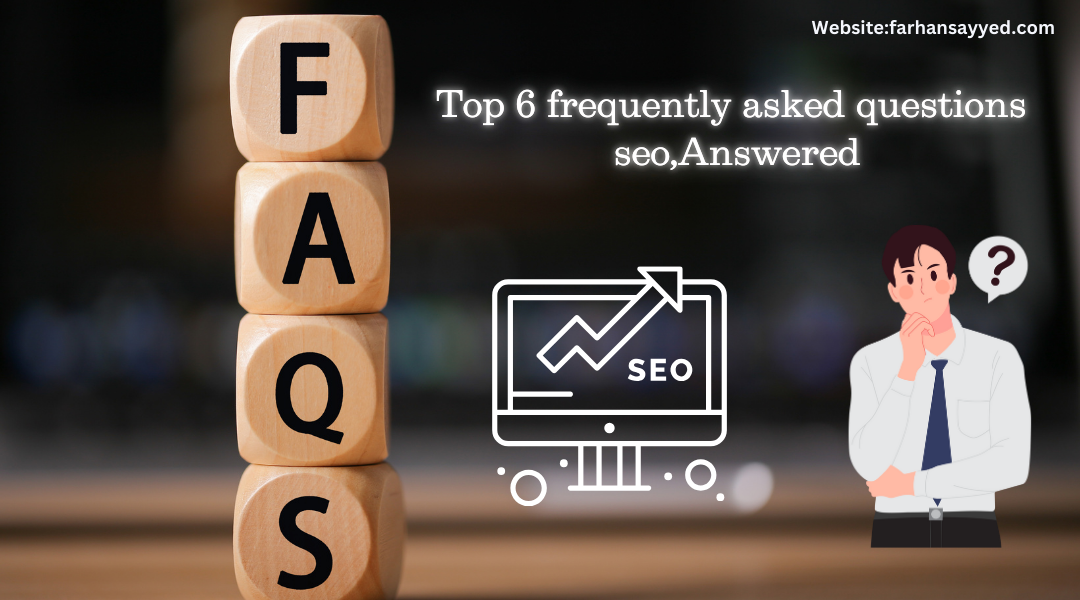Table of Contents
what is the difference between local and organic seo
Local SEO and Organic SEO both aim to improve visibility on search engines, but their focus is slightly different compare to each other:
- Local SEO targets users searching for services or products within a specific geographic area. It’s ideal for businesses that serve local customers, such as restaurants, clinics, or retail stores. Local SEO tactics often include optimizing for Google Business Profiles, collecting reviews, and using local keywords (e.g., “best coffee shop in [City]”).
- Organic SEO, on the other hand, focuses on boosting website visibility on a larger scale, usually for non-location-specific keywords. Organic SEO aims to attract a broad audience and includes tactics such as keyword optimization, content creation, and link building.
Key Takeaway: If your business relies on local customers, prioritize local SEO. If you target a wider audience, focus on organic SEO for broader search visibility.
should h1 be blog title for seo
In most cases, yes. The H1 tag should ideally be the blog title, as it tells search engines and users what the content is about. Search engines like Google use the H1 tag to understand the main topic of a page, which can impact its relevance to certain search queries in SERP.
Here are some best practices for H1 tags in SEO:
- Make sure your H1 is clear, descriptive, and relevant to the content.
- Use one H1 per page to avoid confusing search engines about the main topic.
- Keep the H1 tag aligned with user intent and keywords relevant to your topic.
Key Takeaway: The H1 tag is important for both SEO and readability. Using the blog title as your H1 ensures that the most important keyword-rich title is emphasized on the page.
does linking all my sites help seo
Linking all your sites can indeed enhance SEO by boosting authority, improving user navigation, and creating a cohesive online presence.This approach helps search engines understand the relevance and structure of your content, boosting SEO performance. Each link adds value by making information more accessible, encouraging visitors to explore further, and building credibility. However, avoid excessive linking or using irrelevant links, as this can confuse users and harm SEO. Keeping links purposeful enhances both visibility and user engagement.
Benefits of Interlinking Sites:
- Improved Authority: If you own several websites relevant to each other, linking them can help improve the authority of each site.
- Enhanced User Experience: If each site offers unique but related content, interlinking can provide users with valuable resources, which indirectly improves SEO.
Potential Risks:
- Avoid Spammy Practices: Excessive linking between unrelated sites can harm your SEO. Google’s algorithms are designed to detect unnatural linking patterns, which may lead to penalties.
- Focus on Relevance: Only link sites if the content is relevant and adds value for the user.
Key Takeaway: Link your sites if they provide real value to the user. Unrelated or forced linking could harm your SEO instead of helping it.
how many keywords should i use for seo
Choosing the right number of keywords depends on the length and purpose of your content. Here are some practical guidelines:
- Primary Keyword: Choose one primary keyword that best represents the content’s main topic.
- Secondary Keywords: Add two to four secondary keywords that are variations or closely related to the primary keyword.
- Avoid Keyword Stuffing: Overusing keywords can make content difficult to read and may result in penalties from search engines.
Instead of aiming for a specific number, focus on placing keywords naturally throughout your content. Use them in the title, meta description, headers, and body content, but ensure they fit the flow of the article.
Key Takeaway: Prioritize quality and relevance over quantity when selecting keywords for SEO.
what is white label seo
White label SEO is a service where one company provides SEO solutions to another company, which then resells these services under its own brand. This approach allows agencies to offer SEO to clients without needing in-house experts. It’s a win-win: the provider focuses on optimizing websites for search engines, while the reseller can grow their business by delivering high-quality SEO services seamlessly and efficiently to clients.
Benefits of White Label SEO:
- Cost-Efficiency: Reduces costs associated with hiring or training in-house teams.
- Focus on Core Business: Enables companies to focus on their core services while still offering SEO.
- Quality Assurance: Reputable white-label providers often have expertise, ensuring high-quality SEO work.
White Label SEO is especially useful for digital agencies, web developers, and marketing consultants who want to offer SEO services without expanding their internal teams.
Key Takeaway: White Label SEO is a practical way for businesses to offer SEO services without handling them in-house, often enhancing service offerings without the extra workload.
is seo dead
Absolutely not. SEO is far from dead—in fact, it’s evolving continuously to meet new trends, technologies, and user behaviors. Search engines like Google are always updating algorithms to provide users with more relevant and accurate search results.
Why SEO is Still Relevant:
- Growing Competition: As more businesses move online, SEO becomes essential to stand out.
- User-Centric: SEO now focuses more on creating valuable, user-centric content, which aligns with Google’s evolving algorithm updates.
- Rise of New Platforms: With the rise of voice search, mobile search, and AI in search engines, SEO is adjusting to new ways people seek information online.
SEO may change, but it remains a crucial strategy for maintaining online visibility and attracting quality traffic.
Key Takeaway: SEO continues to be vital for any business wanting a strong online presence. Its evolution reflects changes in technology and user preferences, making it an adaptable, evergreen marketing strategy.

